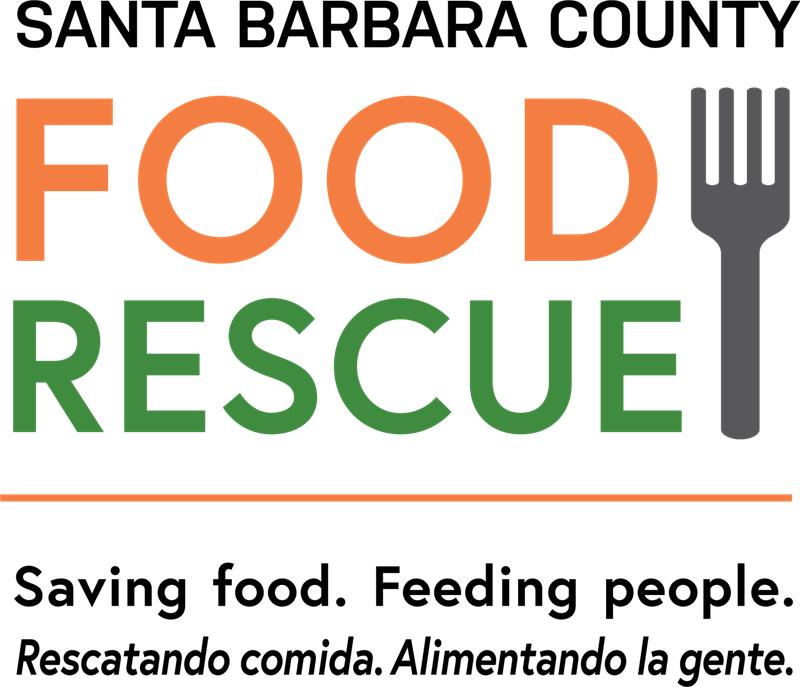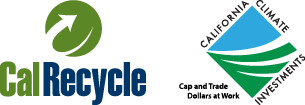Do allergens need to be handled in a specific way?
Foods containing common food allergens can be donated, following standard procedures. We recommend including an allergen list on food products, but it is not required in order to be donated.
Nonprofits distributing food without allergen lists are responsible for disclosing that the food may contain allergens, or have been prepared, stored, or transported near foods containing allergens. Nonprofits should recommend not consuming the food if an individual has allergens.

